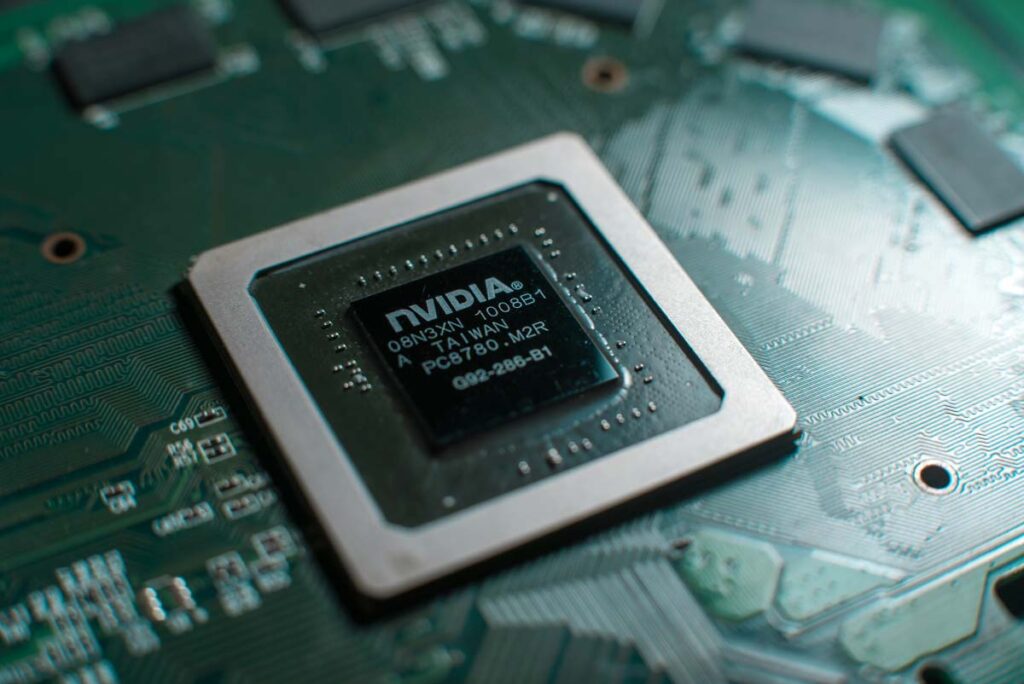
AI chip export cutoff overview:
- Who: The Biden administration announced that it plans to stop exporting AI chips and manufacturing equipment to China.
- Why: The restrictions were put in place to prevent China’s military from being able to import advanced semiconductors or equipment.
- Where: The new export restrictions involve the U.S. and China.
The Biden administration announced Tuesday that it plans to tighten restrictions on the export of artificial intelligence (AI) chips and manufacturing equipment to China, in an effort to protect tech that has “clear national security or human rights implications.”
Commerce Secretary Gina Raimondo told reporters the restrictions have been put in place to prevent the Chinese military from importing advanced semiconductors or equipment, reports Axios.
The revised guidelines appear to be in line with an executive order signed by Biden in August that put restrictions on outbound investments into China’s semiconductor, quantum computing and artificial intelligence industry.
“The goal is the same goal that has always been, which is to limit PRC (People’s Republic of China) access to advanced semiconductors that could fuel breakthroughs in artificial intelligence,” Raimando said, as reported by Axios.
Restriction on export of AI chips to China to go into effect next month, says Biden administration
The new restrictions — which includes AI chips produced by companies such as Nvidia, among others — are set to go into effect in 30 days, reports Reuters.
The rules also reportedly include restrictions on exports on a broader amount of advanced chips and chipmaking tools to countries such as Russia and Iran, and place a blacklist on the Chinese chip designers Biren and Moore Threads.
A spokesperson for China — which plans to continue importing hundreds of billions of dollars in US semiconductors — said it “firmly opposes” the new restrictions, which it argues “undermines the international economic and trading order,” as reported by Reuters.
The revised guidelines were also reportedly put in place to close loopholes discovered in rules released last October, according to Raimando, who said she expects that the regulations will be updated “at least annually.”
In other news involving China, the U.S House of Representatives passed a bill earlier this year that will prevent the U.S Department of Homeland Security from being able to purchase drones that were made in China or other countries that are not friendly with the US.
Do you agree with the Biden administration’s decision to stop the export of AI chips to China? Let us know in the comments!
Don’t Miss Out!
Check out our list of Class Action Lawsuits and Class Action Settlements you may qualify to join!
Read About More Class Action Lawsuits & Class Action Settlements:















2 thoughts onBiden admin announces plans to stop AI chip shipments to China
Add me
Add you to what? The shipment of chips to China?